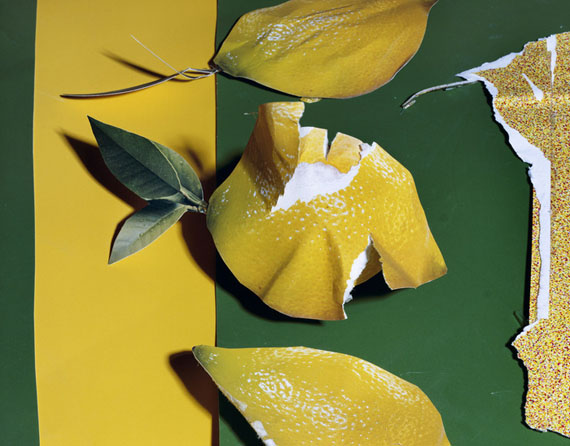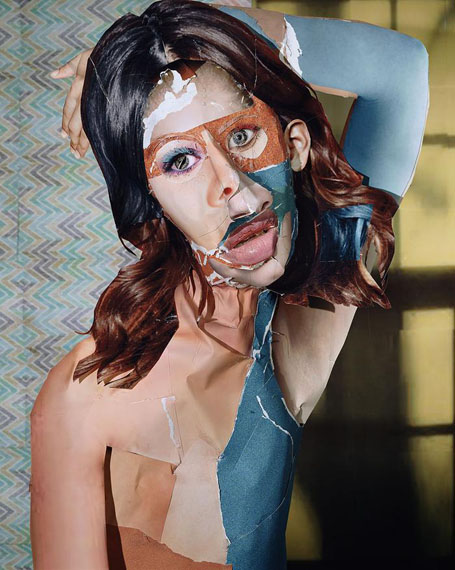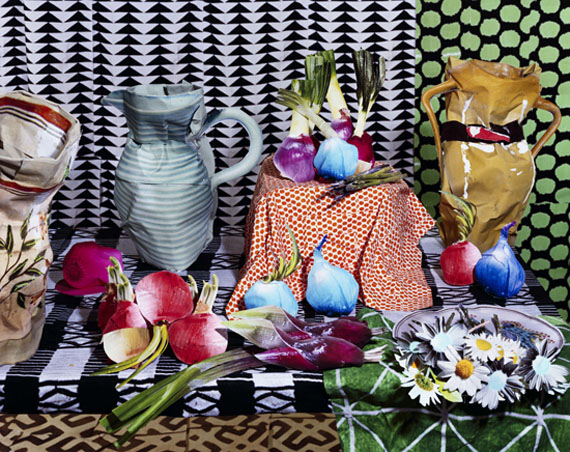
Daniel Gordon »
Shadows, Patterns, Pears
Exhibition: 12 Sep – 2 Nov 2014
foam
Keizersgracht 609
1017 DS Amsterdam
Sat-Wed 10-18 . Thu, Fri 10-21

Foam Fotografiemuseum Amsterdam
Keizersgracht 609
1017 DS Amsterdam
+31 (0)20-5516500
pressoffice@foam.org
www.foam.org
Mon-Wed 10-18; Thu-Fri 10-21; Sat-Sun 10-18
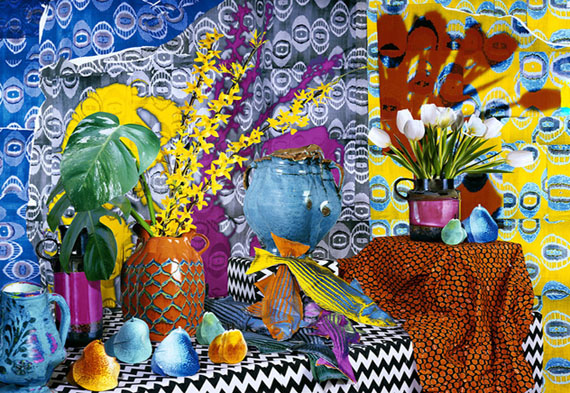
Foam welcomes the exhibition Shadows, Patterns,
Pears by the American artist Daniel
Gordon (b. 1980 Boston, USA). Gordon was chosen as
the winner of the Foam Paul Huf Award 2014. This
prize is organised by Foam and awarded annually to a young,
promising international photographer under 35. The exhibition
features a selection of colorful portraits and still lifes, created
and photographed between 2010 and 2014.
The jury voted unanimously for Daniel Gordon whose work draws
from the classical genres of still life and portraiture explored in
the main movements of modern art. The jury quoted: "Coming from a
generation that is comfortable using pictures from the internet,
Gordon finds a unique way of reconstructing found imagery into
3-dimensional collages, which he then photographs. We are delighted
to recognize this highly original and colorful work. He thoroughly
deserves his place in the company of former Foam Paul Huf Award
winners, which is fast becoming a who's who of contemporary
photographic practice."
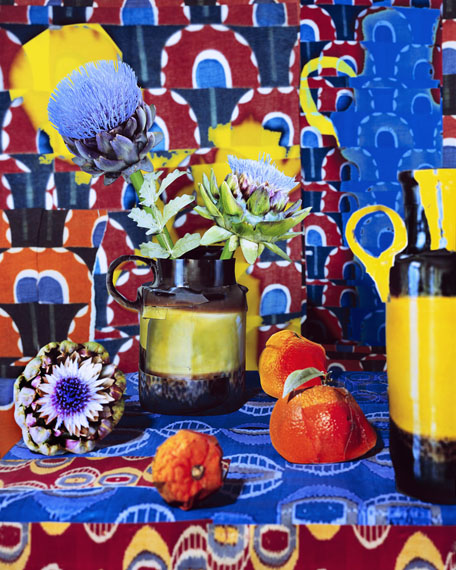
Re-use is fundamental in the artistic process of Daniel Gordon. He finds the photographic images from the Internet, print these images, and assembles them into three-dimensional tableaus with scissors and glue. He photographs these arrangements with an 8x10-inch view camera. After the photograph is taken, the sculptures are dismantled and the different pieces (such as background patterns and body parts) are set aside for use in future works. With this in manual cut-and-paste technique, Gordon creates forms that expand upon the rich history of photography, collage and appropriation while also nodding to the tradition of the painted portrait and still life (such as: Arcrimboldo's heads and Matisse's still life arrangements). The melding together of fragmented parts and diverse histories forms a dislocated reality, a contemporary portrait, where different perspectives, profiles and people merge into one, incongruous whole.
